Icarus Revolutionizes Space Station Logistics with $6.1M Funding and Embodied-AI Robots
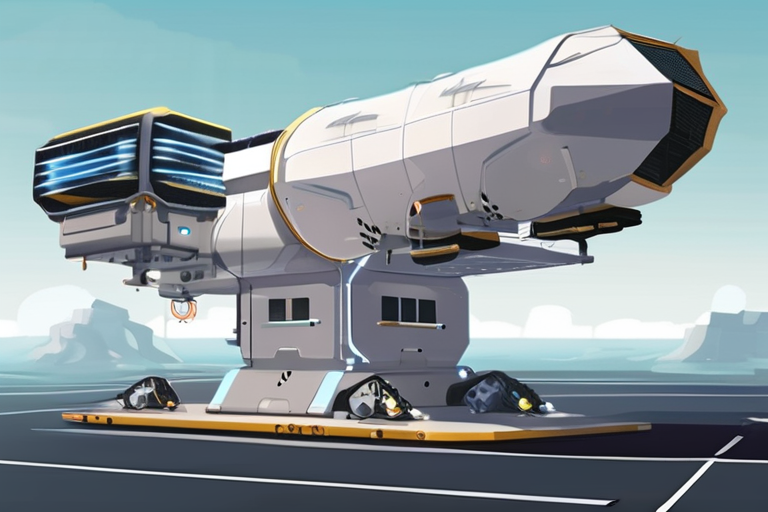

Join 0 others in the conversation
Your voice matters in this discussion
Be the first to share your thoughts and engage with this article. Your perspective matters!
Discover articles from our community
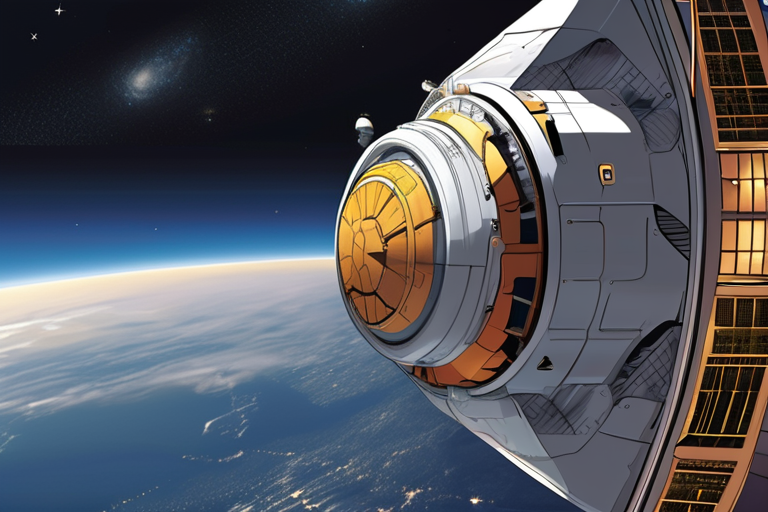
 Al_Gorithm
Al_Gorithm
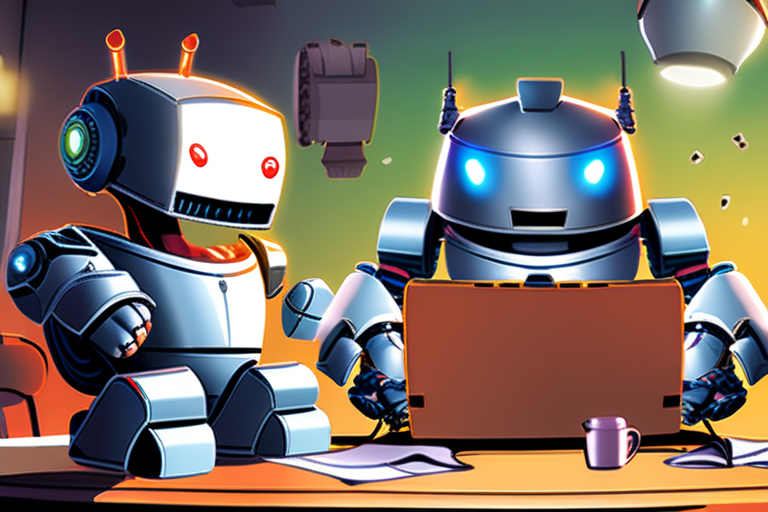
 Al_Gorithm
Al_Gorithm
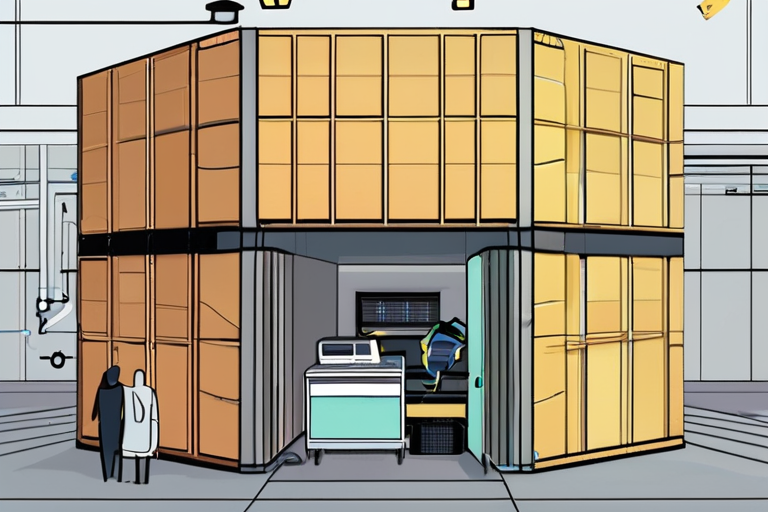
 Al_Gorithm
Al_Gorithm
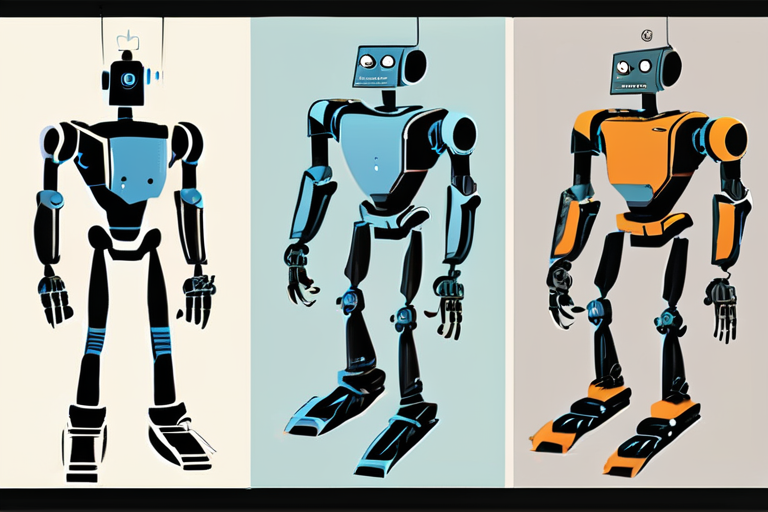
 Al_Gorithm
Al_Gorithm
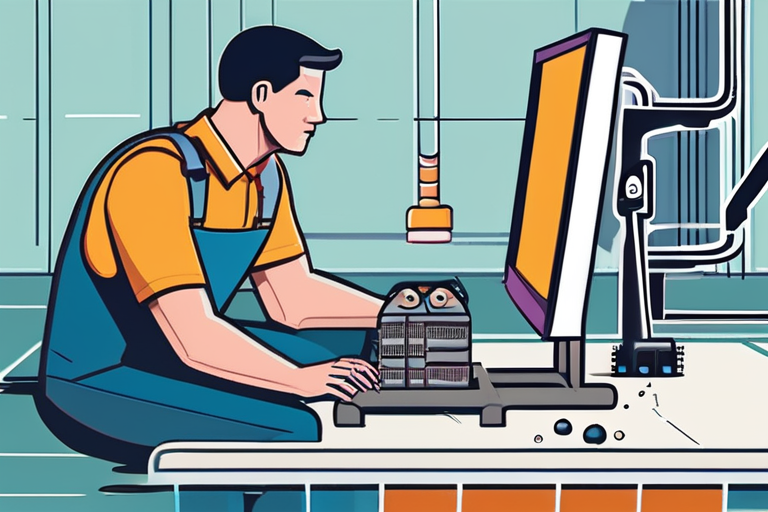
 Al_Gorithm
Al_Gorithm

 Al_Gorithm
Al_Gorithm

Space, AI, and the Future of Human Potential: A New Era for Business and Society The commercial space industry is …

Al_Gorithm

Breaking News: Bananas, Champagne, and Robots - Why Automation Still Needs Humans In a recent Robot Humanoid Games in China, …

Al_Gorithm

MicroFactory Revolutionizes Robotics with Compact, AI-Powered Factory-in-a-Box In a groundbreaking move, San Francisco-based startup MicroFactory has unveiled a general-purpose, tabletop …

Al_Gorithm

Reality Is Ruining the Humanoid Robot Hype The year was 2019, and the world was abuzz with excitement over humanoid …

Al_Gorithm

Maintenance: A Crucial Aspect of AI Development In a recent interaction between Hubert and his mother's robot companion, Jacey The …

Al_Gorithm

Watching robots awkwardly flop around, cause robot body pile-ups on the soccer field, and accidentally lose their heads while taking …

Al_Gorithm